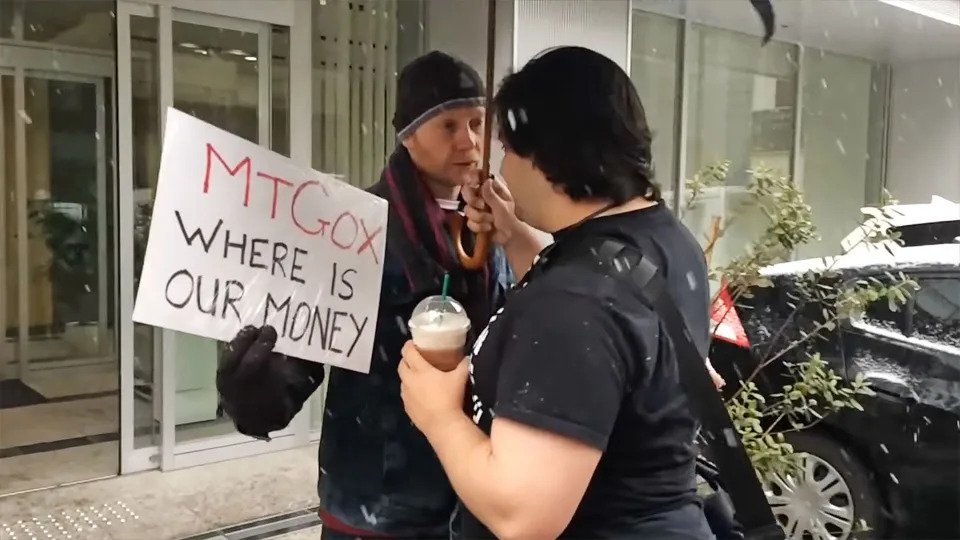This story was originally published on CFO Dive . To receive daily news and insights, subscribe to our free daily CFO Dive newsletter .
Dive Brief:
Dive Insight:
During
the past month traders in interest rate futures have increased from 57% to 89% the probability that Fed policymakers will hold the federal funds rate at its current level at the end of a two-day meeting on Jan. 29,
according to
the CME FedWatch Tool
.
T
he central bank on Dec. 18 trimmed the main interest rate by a quarter percentage point to a range between 4.25% and 4.5% in its third straight reduction since September. Cleveland Fed President Beth Hammack, citing inflation risks, cast the sole dissenting vote against the rate cut.
In a median forecast, Fed officials at the December meeting estimated that they will reduce the main rate to
3.9% by the end of next year
, a half percentage point higher than their September forecast.
“We are at or near a point at which it will be appropriate to slow the pace of further adjustments” to the benchmark rate,
Fed Chair Jerome Powell said
during a press conference after the policy decision.
Unemployment has risen to 4.2% from 3.7% at the start of last year. Policymakers cited the cooling job market when reducing borrowing costs in September.
Fed officials in their median estimate forecast that unemployment will remain steady, ending 2024, this year and 2026 at 4.3%.
“Downside risks to the labor market do appear to have diminished,” Powell said during the press conference.
“But the labor market is now looser than pre-pandemic and it’s clearly still cooling further, so far in a gradual and orderly way,” he said.
The late-December slide in jobless claims is probably a fluke,
Pantheon Macroeconomics Chief Economist Samuel Tombs
said Thursday in a post on X.
“The dip in initial claims last week to their lowest level since the last full week of April is almost certainly due to imprecise seasonal adjustment,” Tombs said. “Claims also dipped in the last week of 2023, then rebounded.”
Recommended Reading





